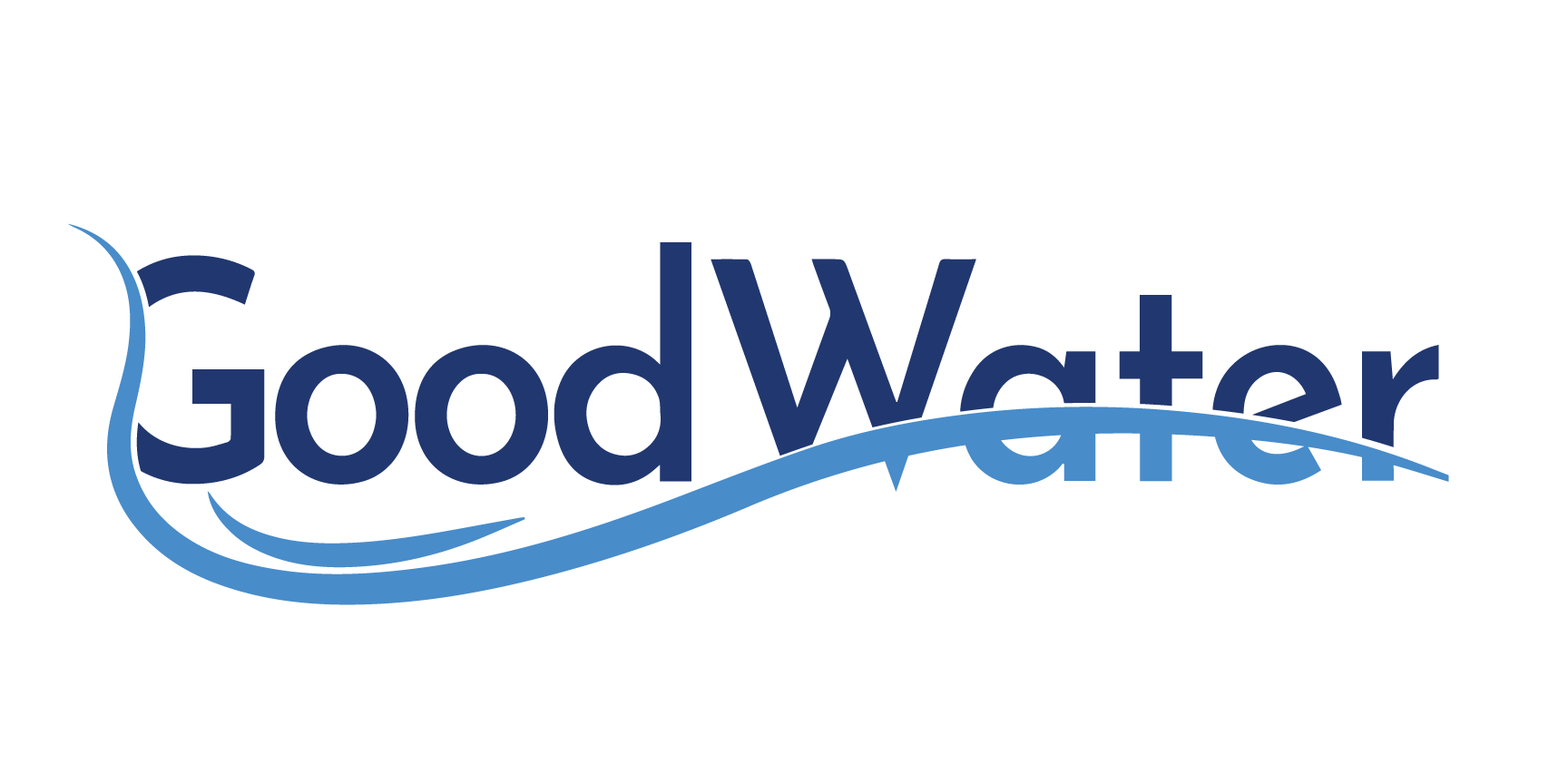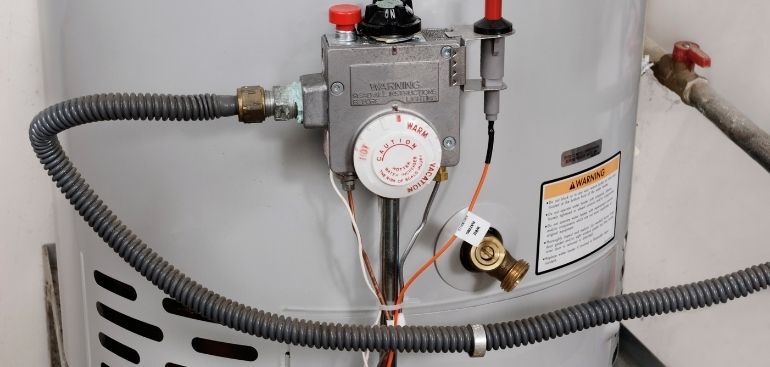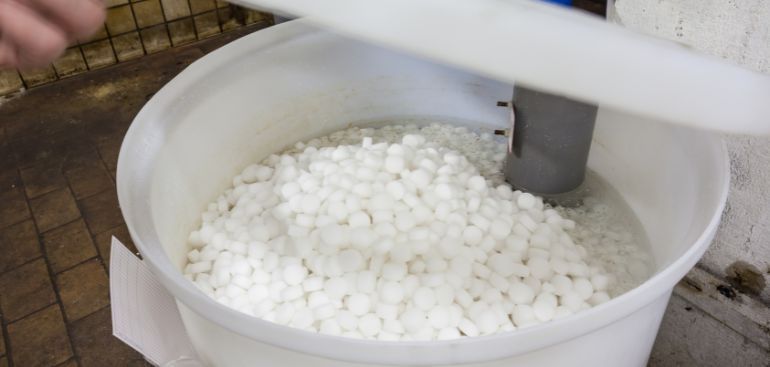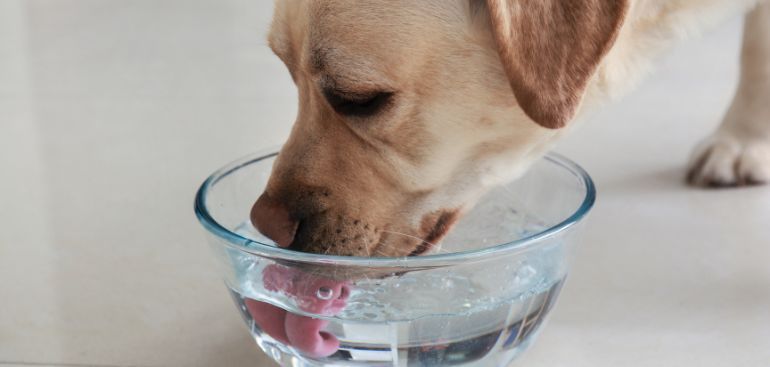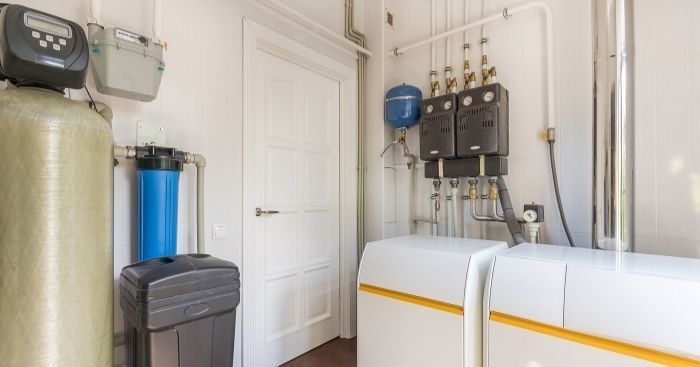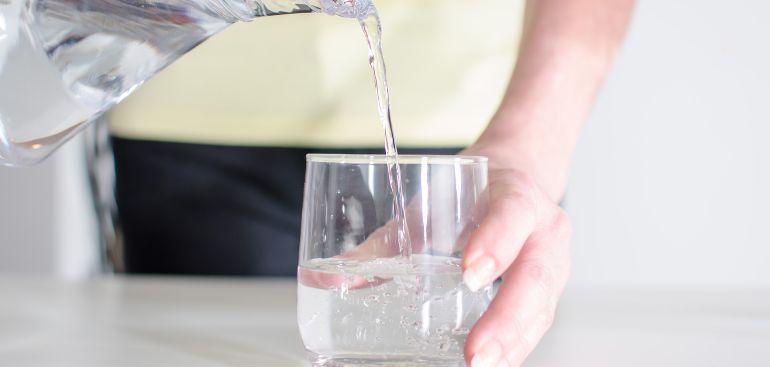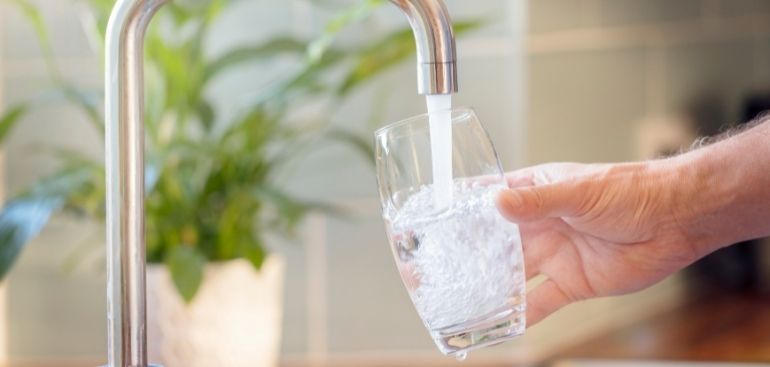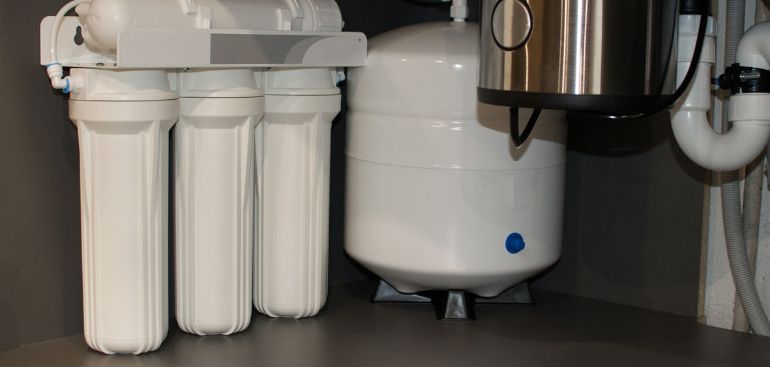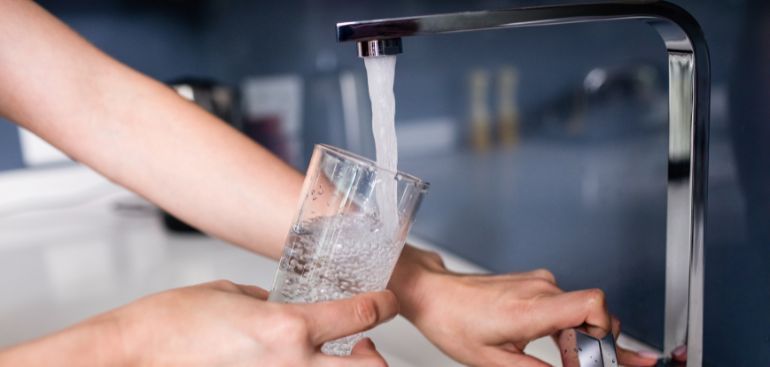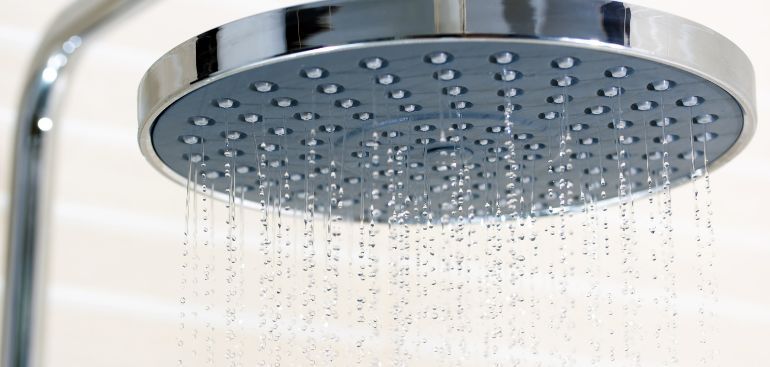Essential Colorado Hospital Water Purification Solutions
Key Highlights
- Water purification is critical in Colorado hospitals to protect vulnerable patients from waterborne pathogens.
- Advanced hospital water systems use technologies like reverse osmosis and specialized filtration to achieve high purity.
- Strict adherence to state and federal regulations, overseen by agencies like the CDPHE and EPA, is mandatory for public health.
- The water treatment process involves multiple steps, including pre-treatment, filtration, sterilization, and continuous monitoring.
- Ensuring safe drinking water in healthcare facilities is a key component of patient care and infection control.
- Good Water Company delivers reliable Colorado hospital water purification solutions to meet these demanding standards.
Introduction
Clean water in a hospital is very important. It is not just something people use. It plays a big role in patient care. The rules for drinking water in the hospital are much higher than what you find in homes or offices. Hospitals in Colorado must make sure to keep the best water quality. The staff have to set up strong water purification systems to get rid of anything harmful in the water. This is needed to keep patients safe and help medical staff do their jobs. Are you sure the water systems in your facility give safe drinking water that meets these top standards?
Importance of Water Purification in Colorado Hospitals
Advanced water treatment is crucial in Colorado hospitals. Patients, especially those with weakened immune systems, are at risk from germs in the water supply. Ensuring clean water helps prevent disease spread and safeguards everyone.
Effective water systems support drinking, bathing, tool cleaning, and dialysis. Maintaining public health within hospitals depends on proper water purification to ensure safety. Next, I will discuss how these systems protect people and help hospitals comply with safety regulations.
Protecting Patients from Infection and Contamination
Protecting patients is the primary reason for strict hospital water purification. While normal tap water is safe for most, it can harbor germs like Legionella and Pseudomonas, which pose serious risks in healthcare settings and may lead to healthcare-associated infections (HAIs).
Advanced water systems filter and purify water to eliminate these threats, ensuring hospitals provide clean water for drinking, hygiene, and medical use. The importance of this purity is unquestionable for those in care.
Ultimately, hospitals strive to maintain high water quality alongside their medical services. By removing contaminants before water reaches patient rooms, operating rooms, or dialysis areas, they enhance patient safety and support positive health outcomes.
Ensuring Regulatory Compliance and Safety Standards
Colorado hospitals must adhere to strict rules for water quality. Failure to comply can result in hefty fines and jeopardize patient health. A robust water purification plan is essential for legal compliance and patient safety.
These regulations specify maximum allowable levels of certain contaminants, testing frequency, and record-keeping requirements. Hospitals must consistently demonstrate that their water meets safety standards through regular monitoring.
Key aspects of compliance include:
- Routine water testing at various locations within the hospital.
- Implementing effective treatment processes to eliminate lead, bacteria, and disinfection byproducts.
- Maintaining thorough records of all checks, repairs, and maintenance for healthcare staff review.
By prioritizing water quality and implementing a solid purification strategy, hospitals can ensure compliance with regulations and safeguard public health.
State Regulations Impacting Hospital Water Quality
In Colorado, hospital water quality is governed by state and federal regulations. The U.S. Environmental Protection Agency (EPA) establishes nationwide safe drinking water standards under the Safe Drinking Water Act, while each state can implement its own rules.
The Colorado Department of Public Health and Environment (CDPHE) oversees compliance with stringent water quality and safety standards for all public water systems, including those in healthcare facilities and treatment plants. These regulations aim to ensure a safe water supply and protect public health from contaminants.
Colorado Primary Drinking Water Rules for Healthcare Facilities
Compliance with Colorado's drinking water regulations is essential for healthcare facilities to ensure safe water supplies. Hospitals must uphold high water quality standards through rigorous testing and treatment, overseen by the Colorado Department of Public Health.
Effective filtration systems are crucial for removing harmful contaminants. Facilities should also monitor water sources, including surface treatment and reverse osmosis, while performing regular maintenance to prevent mineral buildup and ensure clear water for patient care. Adhering to these regulations helps protect public health and maintain the integrity of water systems in healthcare settings.
Oversight Agencies and Their Roles in Hospital Water Safety
Two main groups ensure hospital water safety: the Environmental Protection Agency (EPA) and the Colorado Department of Public Health and Environment (CDPHE). The EPA establishes national guidelines for safe drinking water, while the CDPHE enforces these rules in Colorado, collaborating with public water systems and hospitals to maintain water quality.
Their partnership strengthens protections statewide. The EPA sets broad regulations, and the CDPHE ensures compliance at the local level, guaranteeing that all hospitals have safe water. This collaboration fortifies water systems, supports public health, and provides safe drinking water for everyone.
Specialized Water Purification Technologies Used in Hospitals
Hospitals need special water purification systems. Standard water filters are not enough for them. These systems are made to produce medical-grade water. They work better than the ones used in homes or offices. This is because they remove more types of contaminants and do it more efficiently. Technologies like reverse osmosis, ozonation, and multi-stage filtration are often used in hospitals.
It is important to pick quality water treatment products for hospitals. The right products help get rid of specific contaminants. Each hospital department, like patient rooms and surgery centers, has its own needs. The next parts talk about the main water purification technologies and how they are used in healthcare settings.
Filtration Systems Designed for Medical Use
A medical-grade water filtration system is far more advanced than a basic tap filter. Installed at the main entry point, it ensures consistent water quality throughout the hospital, preventing mineral buildup in pipes and protecting expensive medical equipment.
These systems address various water issues by removing sediment, chlorine, heavy metals, and microorganisms. In areas with hard water, a softening system eliminates calcium and magnesium, crucial for effective cleaning and machine protection. The goal is to provide clear, safe, and reliable water.
The filtration process typically involves multiple steps: sediment filters remove larger particles, activated carbon filters tackle chemicals, and sub-micron or reverse osmosis membranes capture bacteria and viruses. This comprehensive approach guarantees safe water for all hospital uses.
Direct Potable Reuse and Its Applicability in Colorado Healthcare
Colorado is exploring solutions to its water supply issues, with Direct Potable Reuse (DPR) emerging as a viable option. DPR employs advanced treatment processes to purify wastewater, ensuring it meets or exceeds safe drinking water standards. This treated water can then be returned directly to the source supply. In 2023, Colorado set pioneering regulations for DPR.
While DPR offers promise for healthcare facilities, it involves complex steps to eliminate harmful substances from water. Despite high-quality output, concerns persist, especially among hospitals that require absolute assurance of safety.
In Colorado, the success of DPR in healthcare hinges on:
- Consistent compliance with all federal and state drinking water guidelines.
- Implementation of real-time monitoring technology to verify safety.
- Building trust within the public and healthcare professionals regarding the water's reliability for consumption and medical use.
Steps in the Hospital Water Purification Process
The hospital water treatment process ensures maximum purity through several steps. First, pre-treatment removes larger particles, preparing the water for subsequent stages. Advanced methods then eliminate smaller contaminants and dissolved substances.
The final step is sterilization, which eliminates any remaining microorganisms, ensuring the water is safe for critical uses. Each stage has specific maintenance requirements, and continuous monitoring of water quality is essential to ensure proper functioning. Now, let's examine these key stages in detail.
Pre-Treatment, Filtration, and Sterilization Protocols
The hospital water purification process begins with pre-treatment, where larger particles like sediment, rust, and silt are removed to protect delicate filtration components from clogging or damage.
Next, the water enters the main filtration stage, utilizing technologies such as reverse osmosis or ultrafiltration to eliminate dissolved solids, bacteria, viruses, and tiny contaminants. Clean water is essential for hospital operations.
Finally, the purified water undergoes sterilization using ultraviolet (UV) light or ozone treatment to remove any remaining microorganisms, ensuring it is safe for cleaning surgical tools and meeting patient needs.
Ongoing Monitoring and Maintenance for Quality Assurance
Installing quality water treatment products is just the first step. To ensure long-term effectiveness, regular checks and maintenance are essential. Water quality can fluctuate, and system components can degrade over time. Continuous monitoring is crucial for providing safe water consistently.
Hospitals should test water from various points to confirm high purity levels. Automated sensors provide real-time data on pH, chlorine levels, and turbidity, allowing staff to respond promptly to any issues.
Key maintenance requirements for water quality include:
- Scheduled replacement of filters, membranes, and UV lamps as recommended by the manufacturer.
- Regular calibration of equipment to ensure accurate readings.
- Routine system flushes and cleaning to prevent biofilm growth.
- Why Should I Have my Drinking Water Analyzed?
- Having your drinking water analyzed is crucial for health and safety. It helps identify contaminants, ensuring compliance with regulations. For Colorado hospitals, this analysis guarantees safe water for patients and staff, minimizing risks of waterborne illnesses and enhancing overall care quality in the facility. Prioritize health by testing regularly!
Conclusion
Making sure there are good water purification solutions in Colorado hospitals matters for patient safety and to meet rules. The ways these water systems work, like pre-treatment, filtration, and keeping an eye on water quality, help protect people from getting infections. This also lets hospitals provide good care.
Using water purification technology means hospitals can control water quality better. This helps keep public health safe and maintain trust in the care they give. Hospitals must keep up with new ideas and changes in healthcare to make sure water stays clean and safe.
If you would like to know more about our water purification solutions, you can reach out to us today. We offer a free consultation to help your facility use good, clean water systems.
Frequently Asked Questions
How often is hospital water tested in Colorado, and who performs the tests?
Hospital water in Colorado gets regular testing. The schedule for these tests is set by the Colorado Department of Public Health and Environment. Certified lab experts and trained staff at the facility do this testing. They know how to collect samples the right way. This makes sure the water quality meets all maintenance requirements for hospital water systems and follows the needed rules for public health.
Are there emergency procedures for water contamination in Colorado hospitals?
Yes, Colorado hospitals do have clear steps to follow if the water gets contaminated. These plans usually start with letting people know right away not to drink the water. The hospitals then switch to bottled water or use a backup water supply. They also use emergency water treatment and flush the water lines to help keep public health safe and get things back to normal.
What should patients know about hospital water safety during their stay?
Patients need to know that hospital water is kept to very high safety standards. The water is safe for people to drink and use for medical needs. In many cases, this water quality is even better than normal drinking water found at home. The hospital team checks the water supply all the time to make sure it meets all rules. But if you worry about the water used for human consumption, feel free to talk to the hospital staff.
Colorado hospital water purification Colorado hospital water purification Colorado hospital water purification Colorado hospital water purification
surface water source water quality of water important role clearer water water treatment plants surface water treatment Colorado hospital water purification Colorado hospital water purification Colorado hospital water purification
https://drive.google.com/file/d/0BwDv77AW5PLkZ2RJQmhmQ1YtalE/view
https://drive.google.com/file/d/0BwDv77AW5PLkSkpoTERwaC0xZTQ/view
https://drive.google.com/file/d/0BwDv77AW5PLkTG1xZF9KS2NnZWc/view
https://drive.google.com/file/d/0BwDv77AW5PLkVl9ZUUNhTVprb1E/view
https://drive.google.com/file/d/0BwDv77AW5PLkU3VyVXU5QlQ1WEk/view
